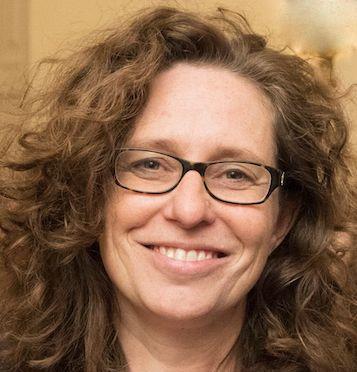
Bettina Kemme is Professor of Computer Science at McGill University, Canada
PhD in Computer Science, ETH Zürich (2000)
Informatikdiplom (similar to M.Sc. with major in Computer Science):
Friedrich-Alexander-University of Erlangen-Nuremberg, Germany.
Data Systems, Sustainable Computing, Legal Perspectives, Computational Reproducibility, Machine Learning
Duration
4 months, December 2024 – February 2025
May – July 2025
Host at the University of Passau
Prof. Dr. Stefanie Scherzinger
Chair of Scalable Database Systems, University of Passau
Artificial Intelligence (AI), Machine Learning (ML) and Data Science rely on complex software platforms that control the data and enable the execution of learning processes. They are extremely compute- and power-hungry as massive amounts of data are processed, and complex learning models are created. Research in sustainable data systems aims in developing solutions to integrate sustainability in the entire development and deployment life cycle of data science and ML. In this context, Prof. Kemme’s current research projects aim in optimizing the energy usage and overall energy footprint of the machine learning processes in a holistic manner. During her stay at the University of Passau, Prof. Kemme will closely work with her host, Prof. Scherzinger, on two related topics. They will look at the legal perspective of sustainable data systems. Many stakeholders must work together to develop and deploy efficient and energy-aware data science platform, such as cloud providers, machine learning developers and end users. Each of them oversees some of the data involved (such as learning data, code, monitoring data) and hardware might be shared (public and private clouds). As such privacy concerns must be considered. This research will look at the legal framework that guides the sharing of such data and resources among stakeholders. In a second project, the researchers will develop guidelines and strategies for reproducible research in data systems that will help create research prototypes that can be re-used by other researchers, allowing for reproducibility of research results across research labs.